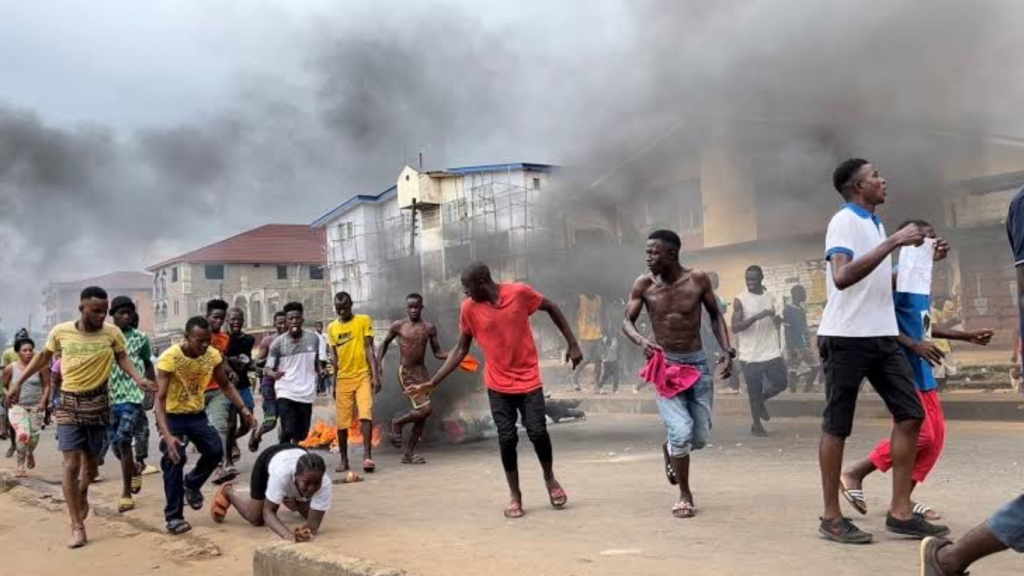The Crisis of Fulani Herdsmen and Government Inaction in Nigeria
Nigeria has been grappling with a severe security crisis, and one of the most pressing issues is the violence attributed to Fulani herdsmen.

Nigeria faces severe security challenges, including insurgency, banditry, and kidnapping, which have prompted the rise of local and private vigilante groups as communities seek protection in the absence of effective state action.
Table of contents [Show]
Nigeria's security landscape remains fraught with challenges, ranging from insurgency and banditry to communal clashes and kidnapping. These issues have escalated over the years, leaving citizens vulnerable and prompting the rise of private and local vigilante groups as alternative security measures.
The country faces persistent threats from groups like Boko Haram and Islamic State West Africa Province (ISWAP), particularly in the northeast. Kidnapping and banditry plague the northwest and north-central regions, while separatist violence disrupts the southeast. Despite military operations and counterterrorism efforts, these threats continue to destabilize communities and claim lives.
The proliferation of vigilante groups stems from the inability of the central government and police force to effectively curb insecurity. Communities, feeling abandoned, have resorted to self-defense measures. These groups range from informal bands of volunteers to state-sponsored organizations. While they fill critical security gaps, their lack of training and oversight often leads to human rights abuses and exacerbates intercommunal tensions.

The Nigerian central government faces systemic issues in managing security:
Addressing Nigeria's security challenges requires a multifaceted approach:

Nigeria's security crisis is a complex issue that demands urgent and sustained action. While vigilante groups provide temporary relief, long-term solutions lie in systemic reforms and inclusive governance. The central government must rise to the occasion to restore trust and ensure the safety of all Nigerians.
Staff Writer
Nigeria has been grappling with a severe security crisis, and one of the most pressing issues is the violence attributed to Fulani herdsmen.
The Nigerian presidential elections in 2027 are shaping up to be a pivotal moment for the country.
Electricity remains one of Nigeria's most pressing challenges, deeply intertwined with the nation's economic, social, and political fabric.
